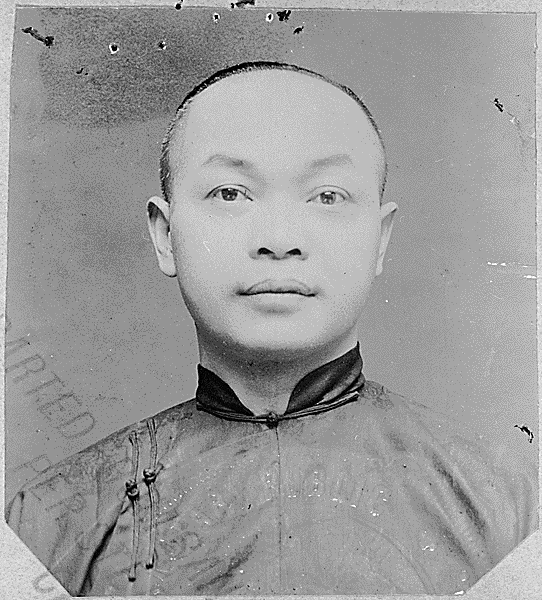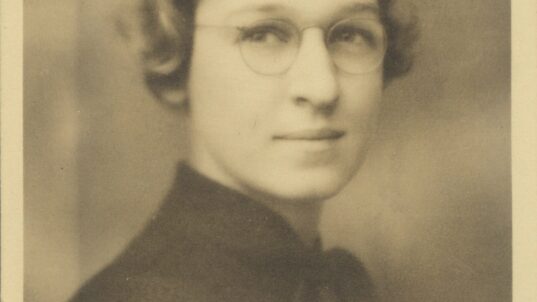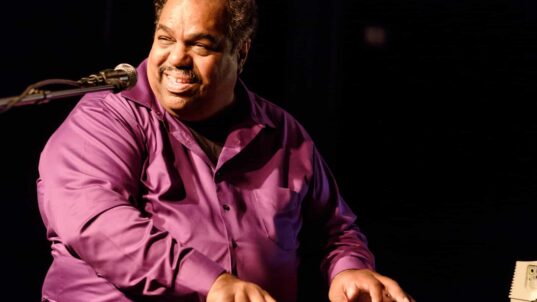
Wong Kim Ark, public domain image
Birthright Citizenship
Wong Kim Ark was born in San Francisco around 1870. His parents were Chinese immigrants but were not allowed to apply for US citizenship. In 1889, Wong traveled with his parents back to China. While there, he got married and then returned alone to the US, where he faced no challenges about reentering the country. In1894, he traveled to China for a family visit, but upon his return to the US in 1895, he was denied re-entry. Custom officials denied his admission to the US despite the fact that Wong was born in the US. The fact that his parents were not themselves US citizens was deemed sufficient grounds for exclusion.
From the beginning of the US, those born here were considered to be citizens–excluding enslaved people and American Indians. The common law presumption of citizenship was upheld in a case in New York.
Following the Civil War, with the ratification of the 14th Amendment in 1868, birthright citizenship was spelled out in the Constitution: “All persons born or naturalized in the United States, and subject to the jurisdiction thereof, are citizens of the United States and of the State wherein they reside.”
Wong’s case was selected as a test of the extent of the 14th Amendment. The case of citizenship status of a person born in the US of alien parents had never yet been decided by the Supreme Court.
In a 6-2 decision in 1898, the US Supreme Court agreed that Wong was a US citizen based upon his being born in the US. What complicated the case was that Congress had passed the Chinese Exclusion Act, which barred Chinese laborers from entering the US. The Supreme Court ruled essentially that the government could not violate the essence of the 14th Amendment by denying birthright citizenship even in the case of individuals where the federal government was clearly trying to exclude migrants from a specific nation.
Even with the Supreme Court ruling, Wong had trouble re-entering the US when he went back and forth to China. He was required to have signatures of white persons attesting to the fact that he was a citizen.
Since the Wong decision, the concept of birthright citizenship had not been seriously challenged for over 100 years. In the 21st century, conservative politicians have again sought to turn birthright citizenship into a contested political issue. But for now, millions of Americans owe their citizenship to Wong Kim Ark, a common man who was willing to defend his right to be an American citizen. Hidden heroes come in all varieties. They are like all of us but had the courage to stand up for what is right.
* * *
“You obviously cannot do that… I think in this case the 14th Amendment is pretty clear.”– Paul Ryan (then Republican Speaker of the House in response to Donald Trump’s proposed Executive Order to deny birthright citizenship to children of undocumented migrants)



